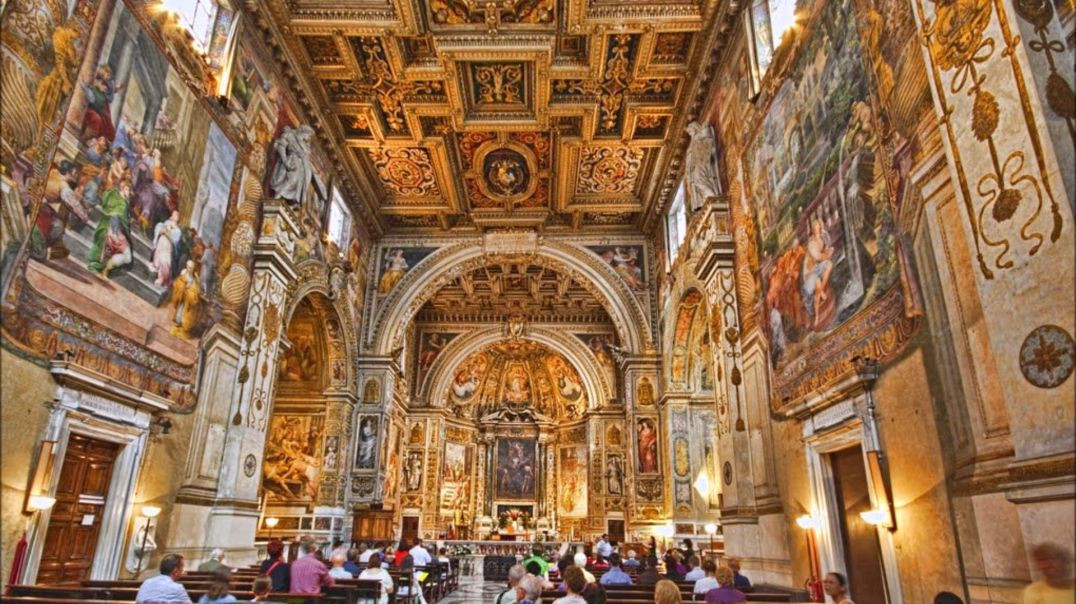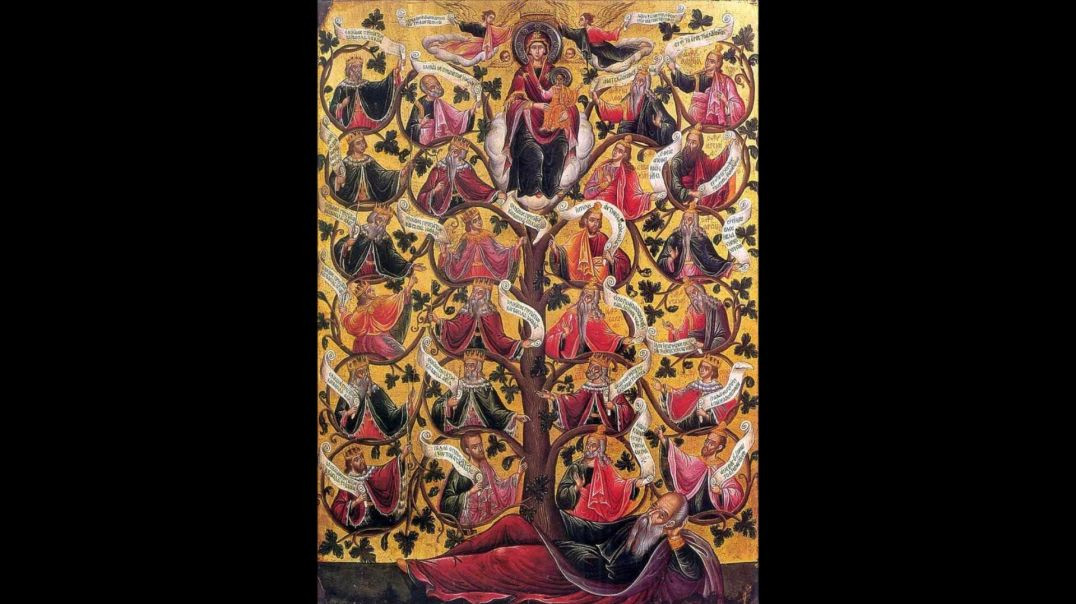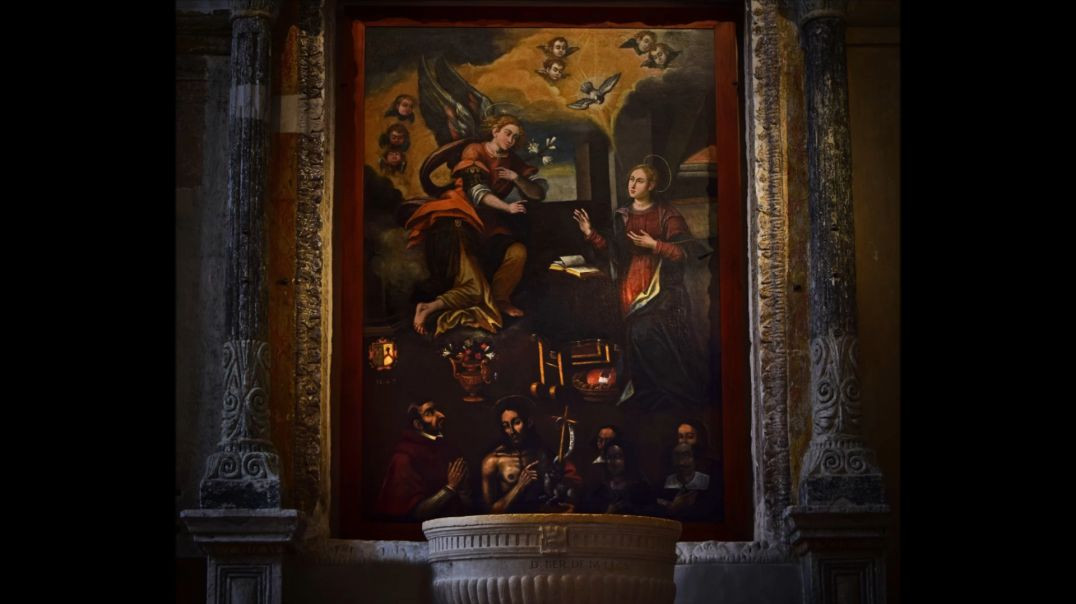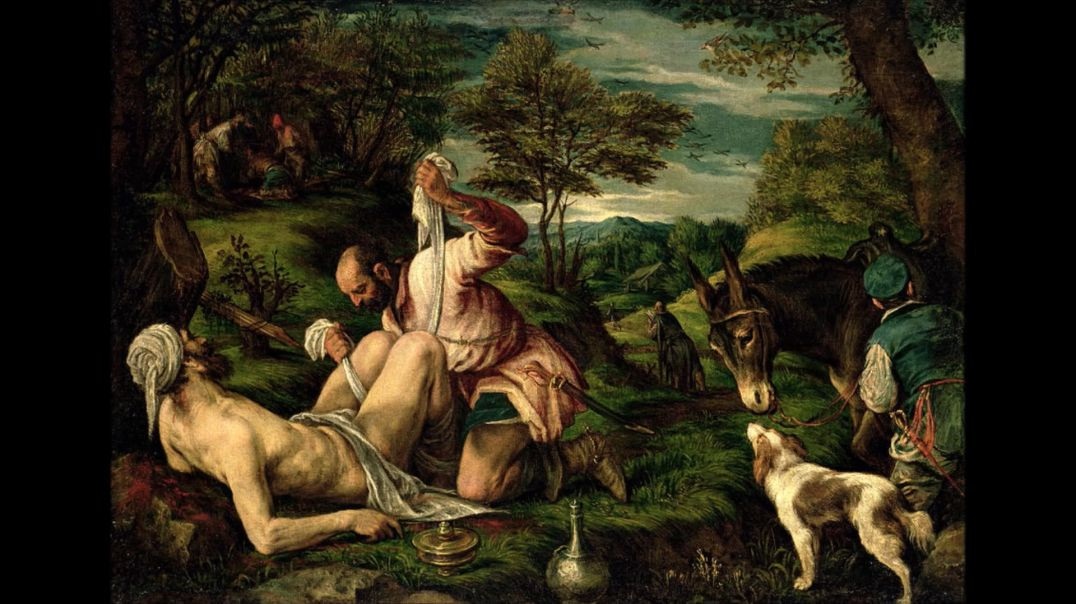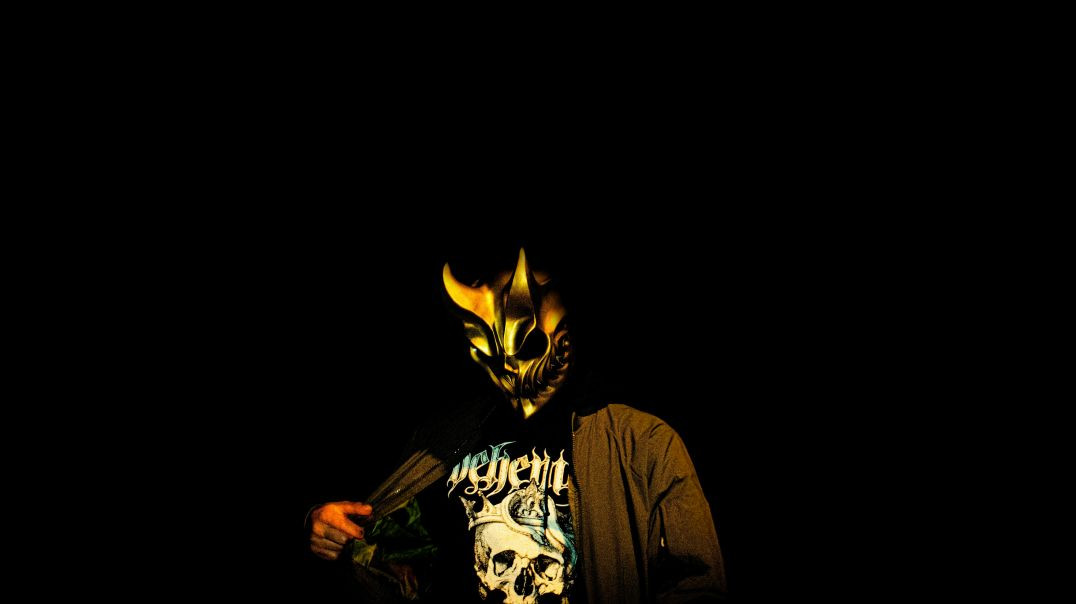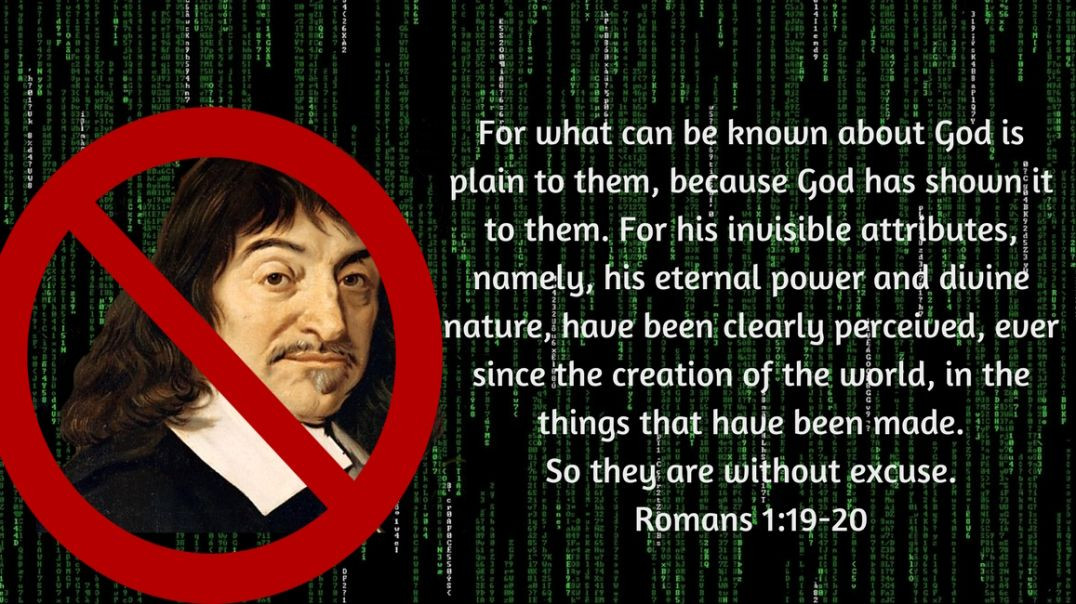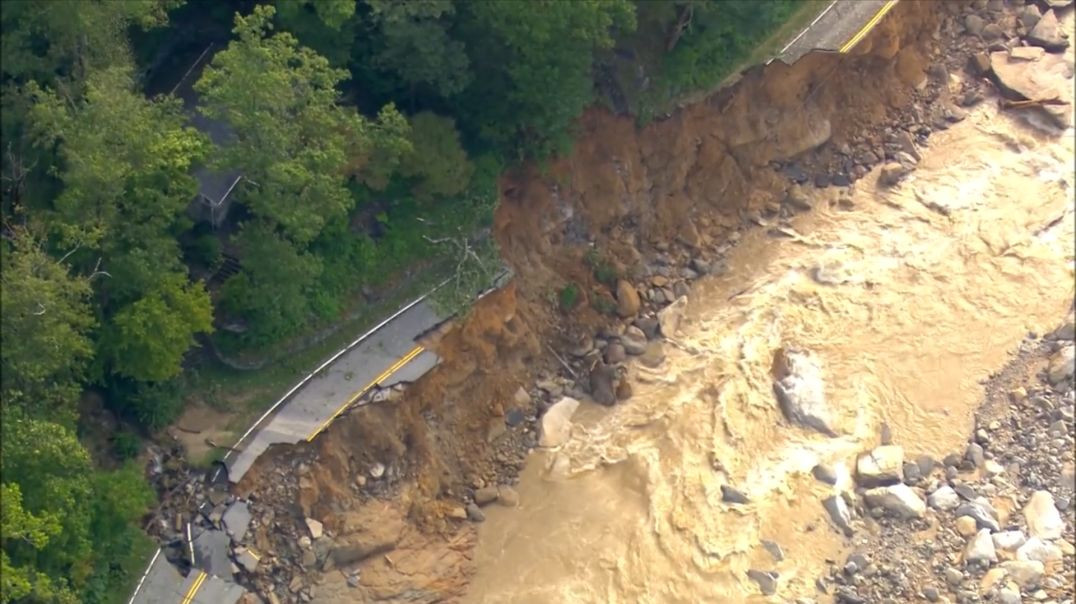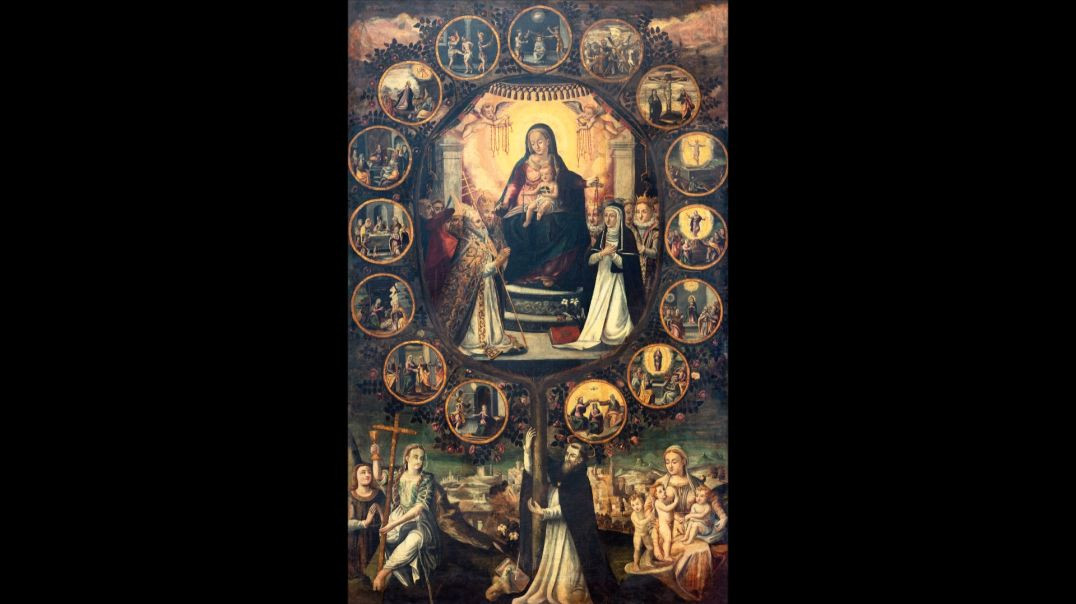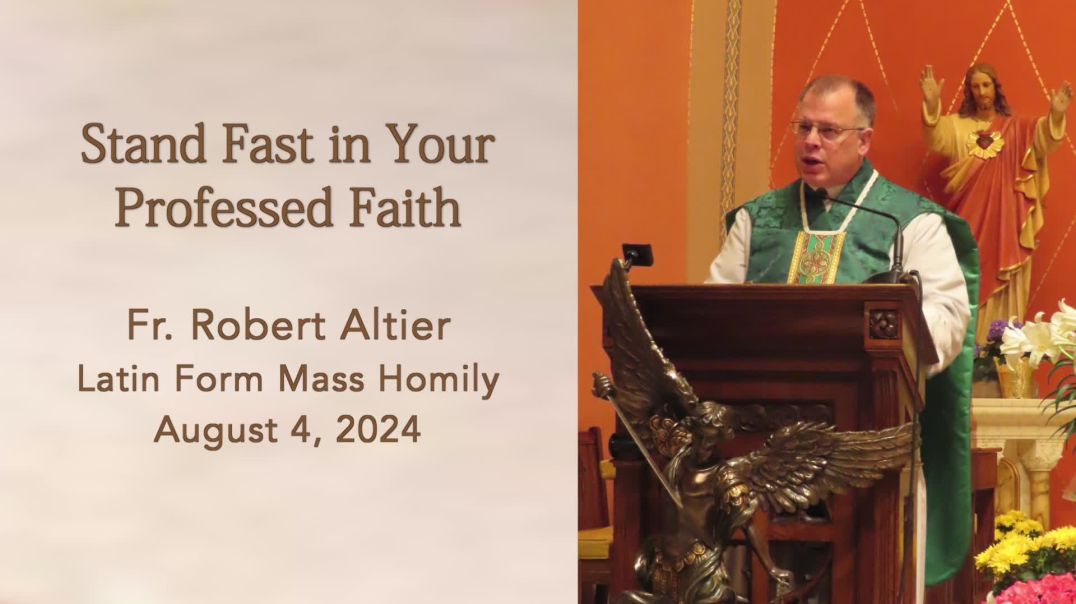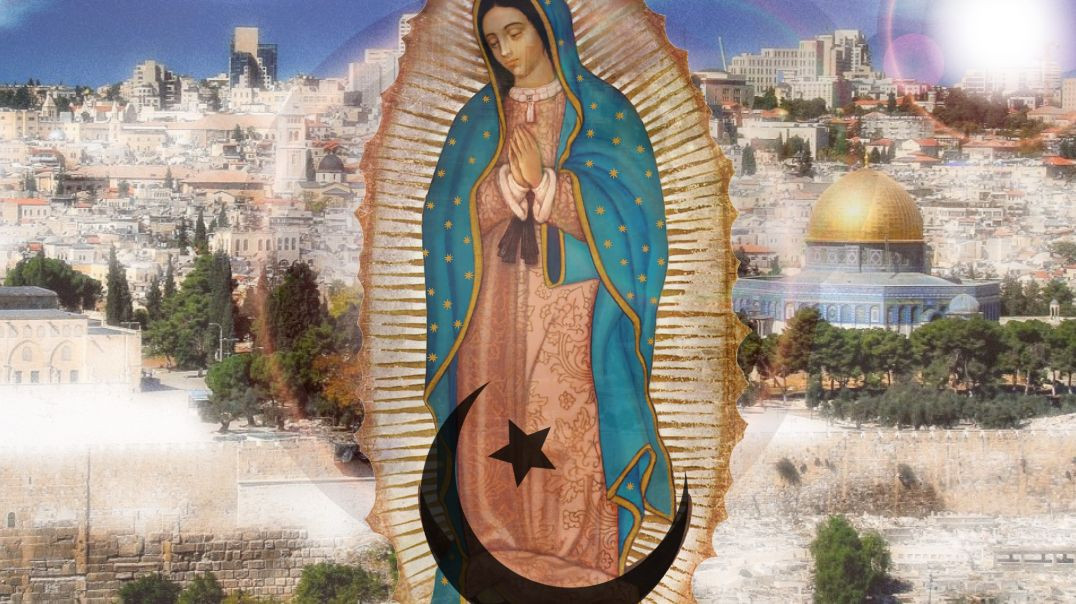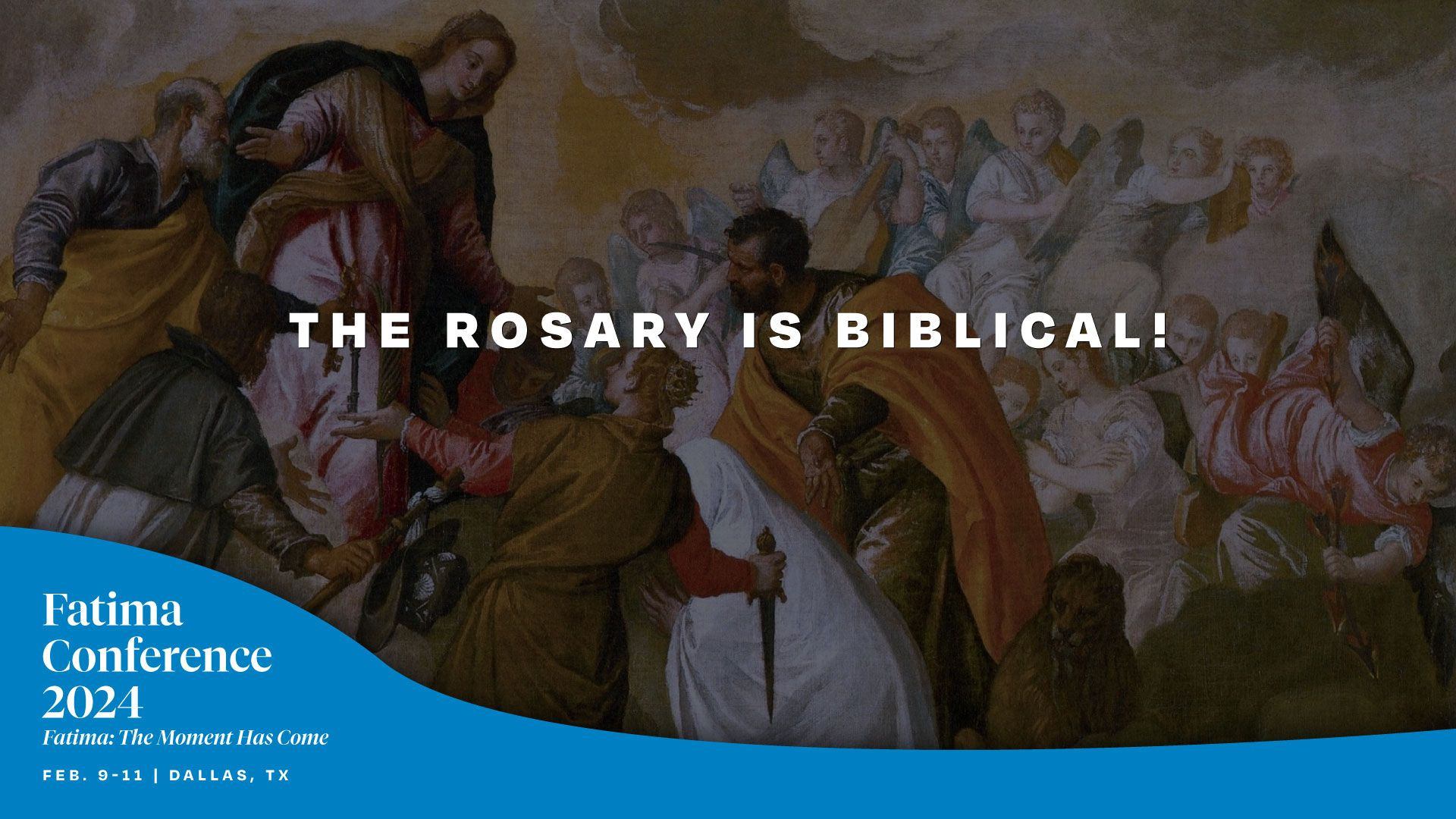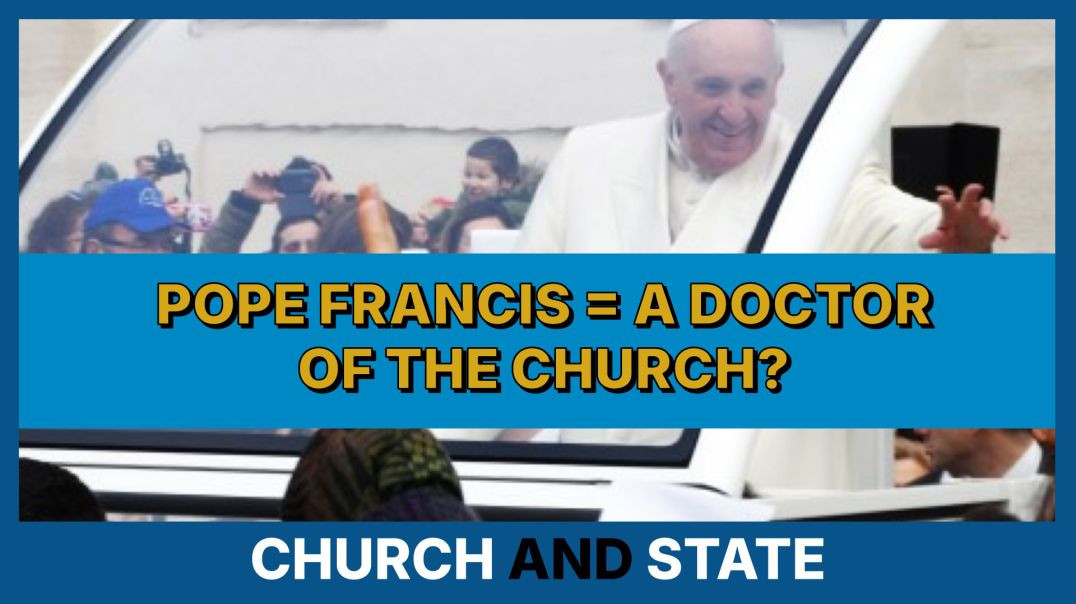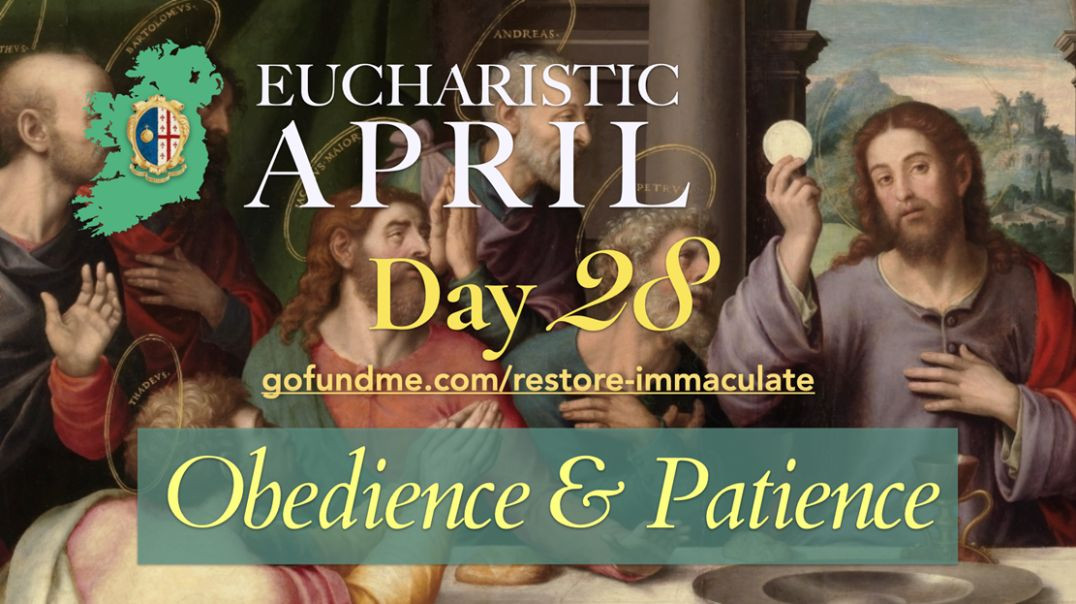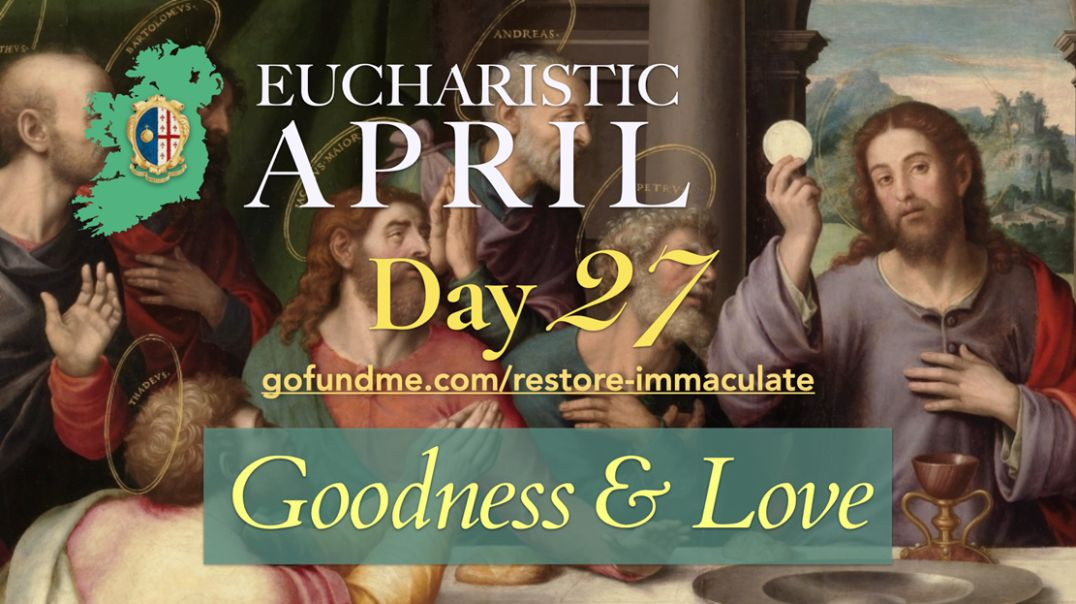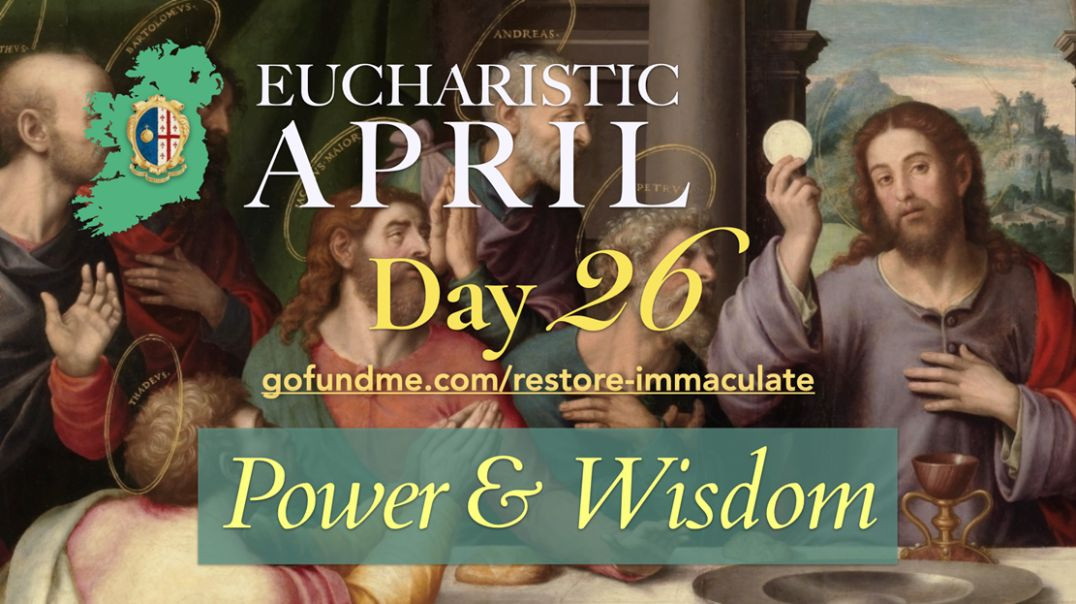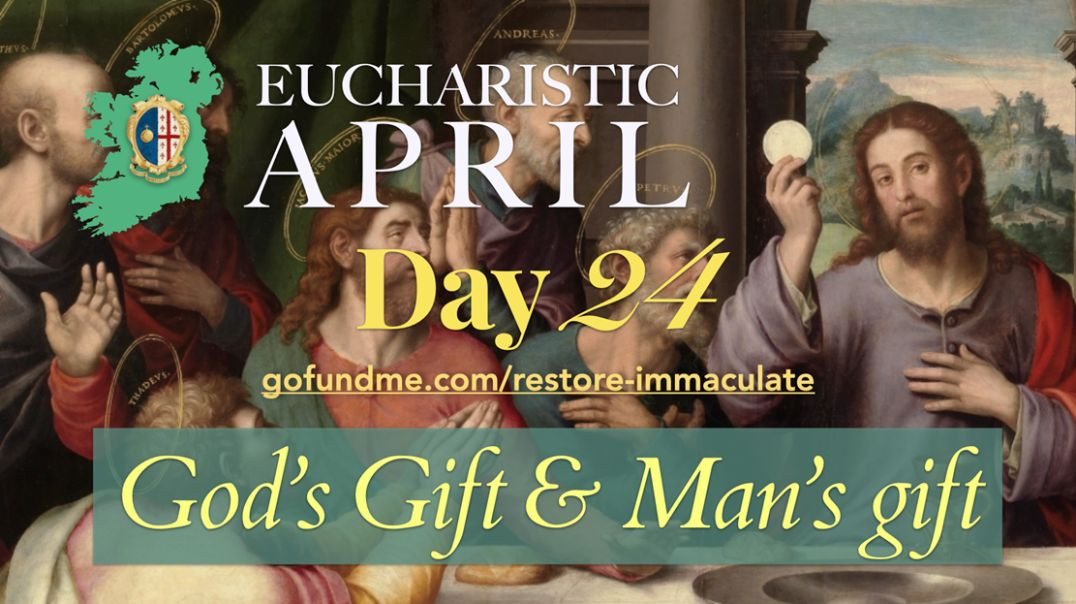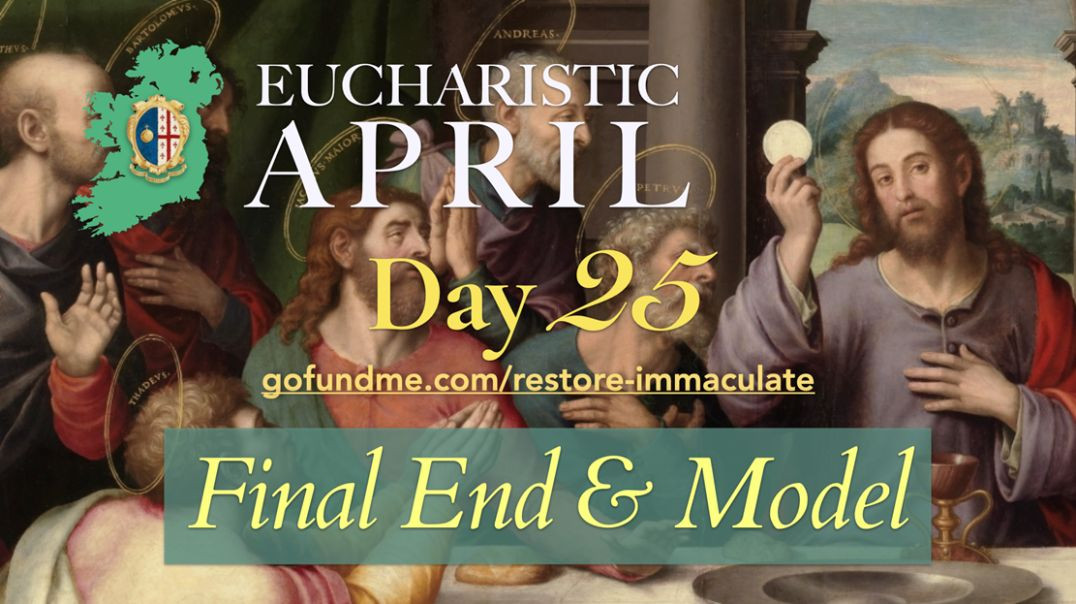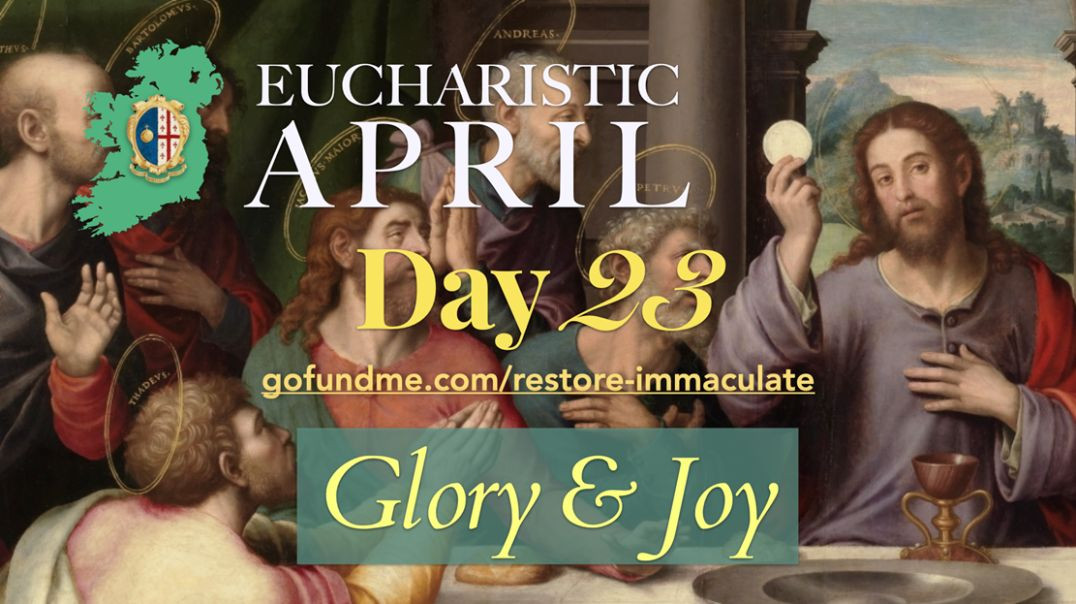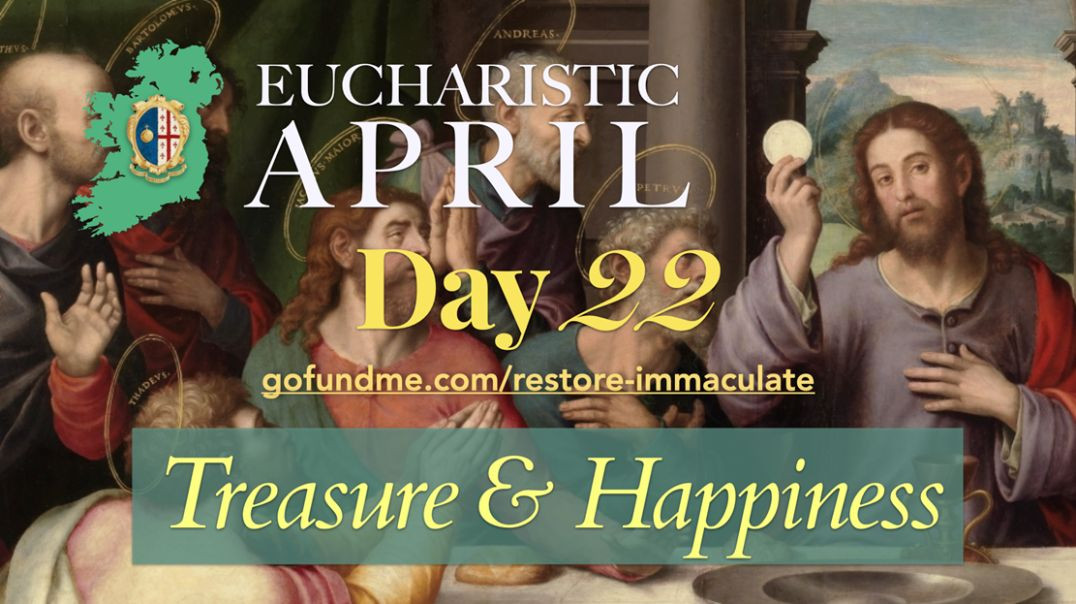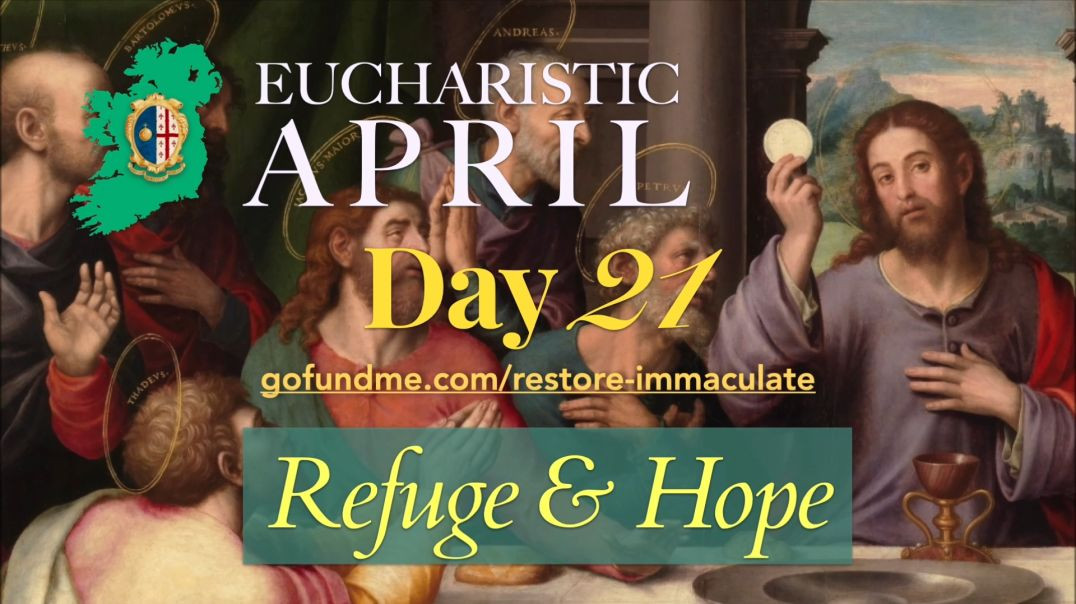The Forgotten History of the Eucharistic Fast
For many articles on fasting and abstinence, please see https://acatholiclife.blogspot.....com/2022/11/the-def
Fasting before receiving our Lord in Holy Communion, although the specifics have changed over time, is of apostolic origin. Hippolytus (c. 170 – 235 AD) in the Apostolic Tradition writes, "The faithful shall be careful to partake of the eucharist before eating anything else." At the Synod of Hippo in 393, the Eucharistic Fast was codified in Canon 29, and again a few years later it was likewise codified at the Synod of Carthage in Canon 28.
St. Augustine bears witness to the universality of the fast before Holy Communion in his writings: “Must we therefore censure the universal Church because the sacrament is everywhere partaken of by persons fasting? Nay, verily, for from that time it pleased the Holy Spirit to appoint, for the honour of so great a sacrament, that the body of the Lord should take the precedence of all other food entering the mouth of a Christian; and it is for this reason that the custom referred to is universally observed.”
The Eucharistic Fast immediately prior to Paul VI’s changes in 1964 followed the mitigated discipline introduced by Pope Pius XII on January 6, 1953, in Christus Dominus and on March 25, 1957, in Sacram Communionem. While legislating on a number of finer details, as a whole, Pope Pius XII’s legislation mitigated the fast to be for three hours before Holy Communion from all solid food and all alcoholic beverages. Nonalcoholic beverages were subject to a one hour fast, though water was permitted as stated in Christus Dominus: “In the future it shall be a general and common principle for all, both priests and faithful, that natural water does not break the Eucharistic fast.”
Note, that Pope Pius XII encouraged those who could keep the older fast to continue to do so: “We strongly exhort priests and faithful who are able to do so to observe the old and venerable form of the Eucharistic fast before Mass and Holy Communion. All those who will make use of these concessions must compensate for the good received by becoming shining examples of a Christian life and principally with works of penance and charity.”
What was the Fast Prior to Pope Pius XII? The traditional Eucharistic fast involved total abstinence from all food and all drinks, including water, from midnight until the reception of Holy Communion. Such a fast applied to priests as well as anyone approaching Holy Communion. This was enriched into Canon 858 of the 1917 Code: “Those who have not kept the natural fast from midnight are not allowed to receive, except in danger of death, or in case it should become necessary to consume the Blessed Sacrament to safeguard it against irreverence.”
The intentional violation of the Eucharistic fast is a mortal sin: "Communion is forbidden under grave sin to one who has broken his fast by taking even a small amount of food or forbidden drink" (Fr. Heribert Jone's Moral Theology, page 358).
The Eucharistic Fast is set by the Church so that those who are to receive our Lord in Holy Communion are more consciously aware of this sublime encounter. We need to fast beforehand to adequately prepare ourselves. To intentionally violate the Eucharistic fast is a mortal sin. Let us endeavor to observe in our own lives the strictness of the traditional discipline, in a time when so few do penance.
Learn more in the book "The Definitive Guide to Catholic Fasting and Abstinence" by Matthew Plese reviewed at https://acatholiclife.blogspot.....com/2023/02/the-def

